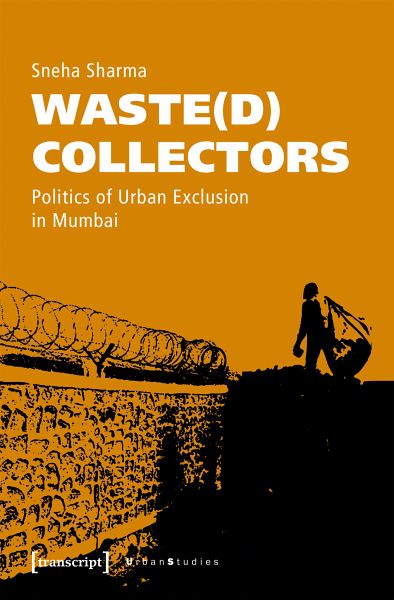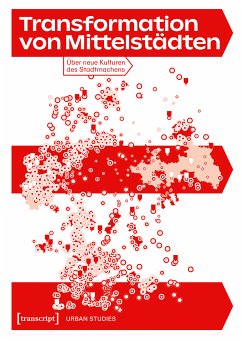
Waste(d) Collectors (eBook, PDF)
Politics of Urban Exclusion in Mumbai
Versandkostenfrei!
Sofort per Download lieferbar
78,99 €
inkl. MwSt.
Weitere Ausgaben:

PAYBACK Punkte
0 °P sammeln!
Modern waste disposal systems in mega-cities of the global South are embedded in socio-cultural belief systems, colonial histories and neoliberal logics which operate by reproducing existing social hierarchies. Sneha Sharma critically interrogates the politics around urban waste disposal in Mumbai, India, by undertaking an ethnographic journey to the city's most unwanted space, a dumping site. She challenges the dominant techno-managerial paradigm in waste management and reveals how spaces and people are made into waste through exclusionary social practices. Offering new insights on topics of ...
Modern waste disposal systems in mega-cities of the global South are embedded in socio-cultural belief systems, colonial histories and neoliberal logics which operate by reproducing existing social hierarchies. Sneha Sharma critically interrogates the politics around urban waste disposal in Mumbai, India, by undertaking an ethnographic journey to the city's most unwanted space, a dumping site. She challenges the dominant techno-managerial paradigm in waste management and reveals how spaces and people are made into waste through exclusionary social practices. Offering new insights on topics of urban marginality, informality, and urban planning, this book will attract scholars from sociology, urban studies, and human geography.
Dieser Download kann aus rechtlichen Gründen nur mit Rechnungsadresse in A, B, BG, CY, CZ, D, DK, EW, E, FIN, F, GR, HR, H, IRL, I, LT, L, LR, M, NL, PL, P, R, S, SLO, SK ausgeliefert werden.













